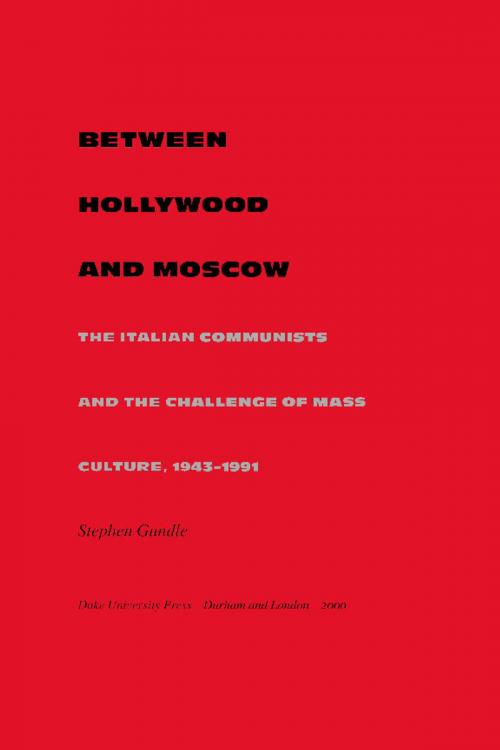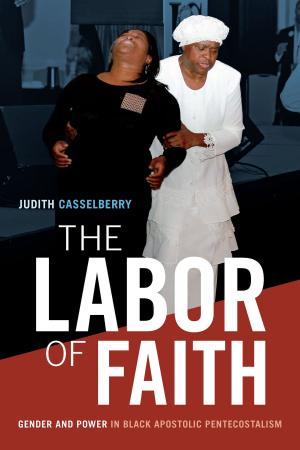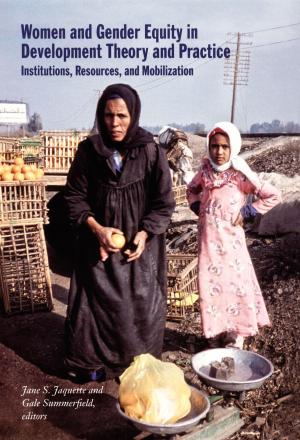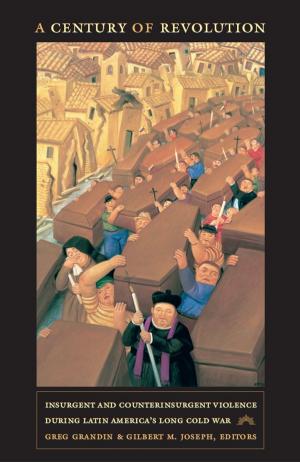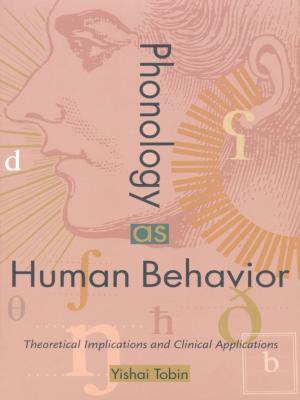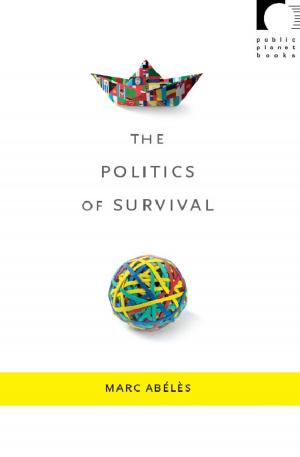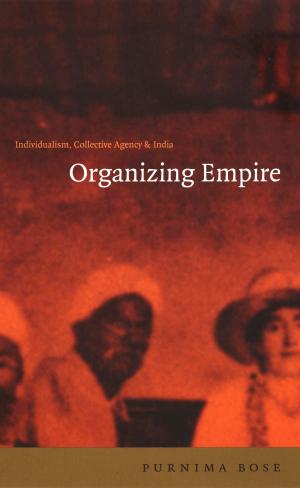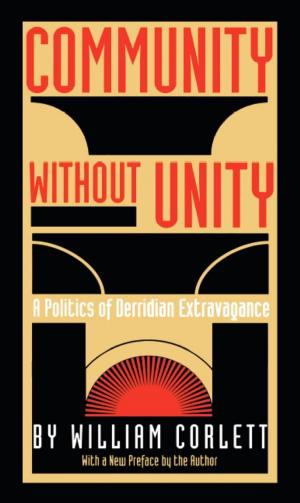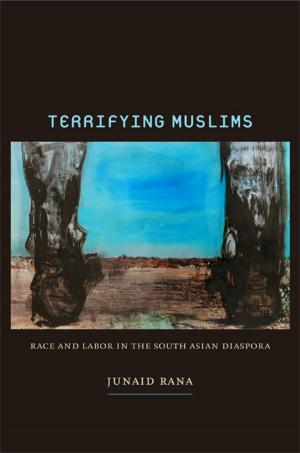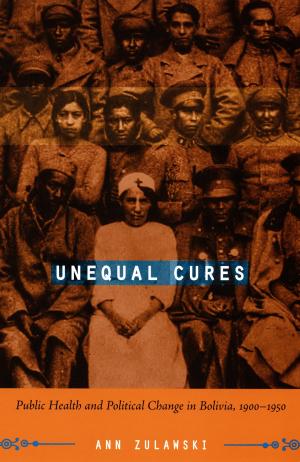Between Hollywood and Moscow
The Italian Communists and the Challenge of Mass Culture, 1943–1991
Nonfiction, Social & Cultural Studies, Political Science, Government, Communism & Socialism, Entertainment, Film, History & Criticism, Performing Arts| Author: | Stephen Gundle, Gilbert M. Joseph, Emily S. Rosenberg | ISBN: | 9780822380344 |
| Publisher: | Duke University Press | Publication: | December 4, 2000 |
| Imprint: | Duke University Press Books | Language: | English |
| Author: | Stephen Gundle, Gilbert M. Joseph, Emily S. Rosenberg |
| ISBN: | 9780822380344 |
| Publisher: | Duke University Press |
| Publication: | December 4, 2000 |
| Imprint: | Duke University Press Books |
| Language: | English |
In the postwar years, Italy underwent a far-reaching process of industrialization that transformed the country into a leading industrial power. Throughout most of this period, the Italian Communist Party (PCI) remained a powerful force in local government and civil society. However, as Stephen Gundle observes, the PCI was increasingly faced with challenges posed by modernization, particularly by mass communication, commercial cultural industries, and consumerism. Between Hollywood and Moscow is an analysis of the PCI’s attempts to cope with these problems in an effort to maintain its organization and subculture.
Gundle focuses on the theme of cultural policy, examining how the PCI’s political strategies incorporated cultural policies and activities that were intended to respond to the Americanization of daily life in Italy. In formulating this policy, Gundle contends, the Italian Communists were torn between loyalty to the alternative values generated by the Communist tradition and adaptation to the dominant influences of Italian modernization. This equilibrium eventually faltered because the attractive aspects of Americanization and pop culture proved more influential than the PCI’s intellectual and political traditions.
The first analysis in English of the cultural policies and activities of the PCI, this book will appeal to readers with an interest in modern Italy, the European left, political science, and media studies.
In the postwar years, Italy underwent a far-reaching process of industrialization that transformed the country into a leading industrial power. Throughout most of this period, the Italian Communist Party (PCI) remained a powerful force in local government and civil society. However, as Stephen Gundle observes, the PCI was increasingly faced with challenges posed by modernization, particularly by mass communication, commercial cultural industries, and consumerism. Between Hollywood and Moscow is an analysis of the PCI’s attempts to cope with these problems in an effort to maintain its organization and subculture.
Gundle focuses on the theme of cultural policy, examining how the PCI’s political strategies incorporated cultural policies and activities that were intended to respond to the Americanization of daily life in Italy. In formulating this policy, Gundle contends, the Italian Communists were torn between loyalty to the alternative values generated by the Communist tradition and adaptation to the dominant influences of Italian modernization. This equilibrium eventually faltered because the attractive aspects of Americanization and pop culture proved more influential than the PCI’s intellectual and political traditions.
The first analysis in English of the cultural policies and activities of the PCI, this book will appeal to readers with an interest in modern Italy, the European left, political science, and media studies.
